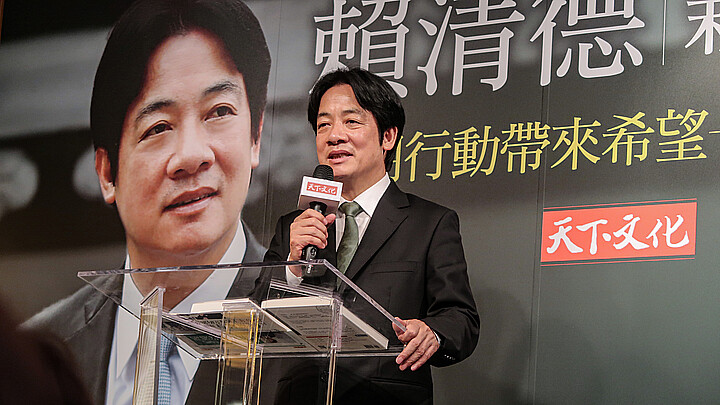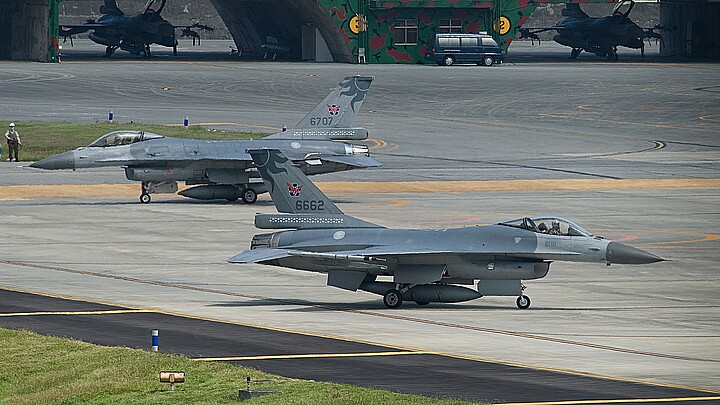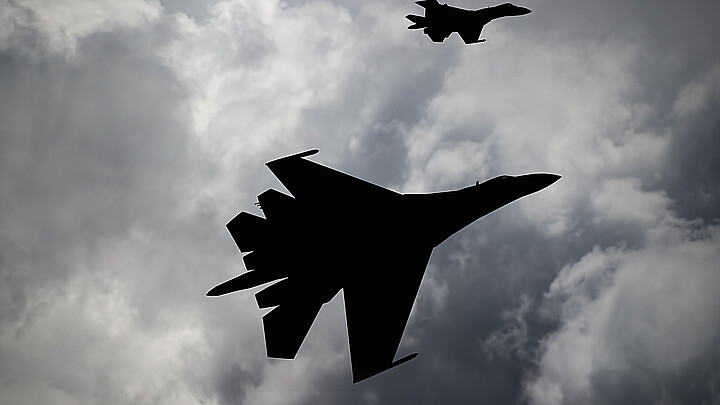Politics
Rising Sun: Japan seeks stronger military amidst Russian attacks on Ukraine
Japanese voters have shifted from their usual pacifism after the outbreak of the Russian invasion in Ukraine, according to a new poll
April 11, 2022 8:39am
Updated: April 11, 2022 9:38am
Japanese voters have shifted from their usual pacifism after the outbreak of the Russian invasion in Ukraine, according to a new poll.
The survey, conducted by the Yomiuri newspaper from Mar. 25 to 27, found that almost two-thirds of respondents said they wanted to see Japan’s Self Defense Forces strengthened.
National security is usually a distant second to the economy, reports Bloomberg.
“The Ukraine shock is beginning to change Japan’s norms and beliefs,” said Kyoko Hatakeyama, a professor at the University of Niigata Prefecture.
“But it has a long way to go.”
The country has been conflict avoidant after the end of World War II, both culturally and because of Article 9 in its postwar constitution, which restricts Japan from having a military or going to war. The ruling Liberal Democratic Party has stretched these limits, sometimes in the face of mass public protests.
Despite this, Japan has maintained more of its arsenal than its European counterparts since the end of the Cold War, coming in fifth in the Global Firepower index compared to Germany’s 16th.
Prime Minister Kumio Kishida surprised many by swiftly joining the U.S., its only treaty ally, by imposing sanctions on Russia and sending non-lethal military aid to Ukraine, according to Bloomberg.
Kishida faces pressure to do more for the island’s defense amid renewed fears of a potential Chinese invasion of Taiwan, in addition to existing tensions with its neighbor over islands in the South China Sea.
Japanese Defense Minister Nobuo Kishi, who is also Abe’s brother, told reporters Tuesday that his agency wanted a “drastic” increase in funding, calling for the NATO target of spending 2% of GDP on defense.
South Korea’s next president, Yoon Suk-yeol, was elected on a conservative platform that emphasized regional security. Shinzo Abe, the previous prime minister of Japan, also increased military spending every year of his term.
Abe had proposed “nuclear sharing” that would allow Japan to host U.S. nuclear weapons. Kishida, who is from Hiroshima, one of two cities hit with a nuclear bomb in World War II, quickly shut down the idea.
On April 8, ADN America published an opinion piece titled, 'First, catch the tiger: Japan's potential military role shielding Taiwan' that examined the role of the country's military forces in the Pacific amidst China's military escalation.
The piece noted that, "China should take note of [Japan's military capabilities] since in the past Japan has proven to be a formidable challenger, and although its military forces were significantly reduced after the Second World War, the Japanese Self Defense Forces have since amassed 247,154 active personnel and more than 56,000 reservists.
And although Beijing boasts the second highest military budget in the world at $252 billion just behind the United States at a whopping $778 billion, Japan’s $50.3 billion annual defense budget still ranks as ninth among the top ten nations in the world."









